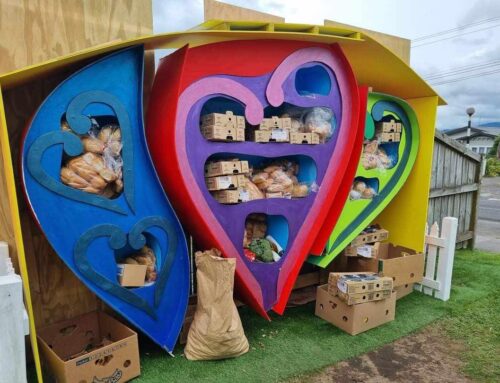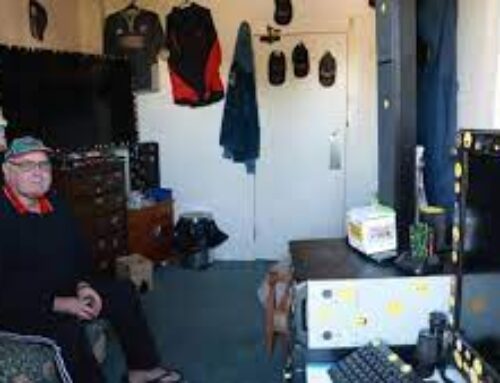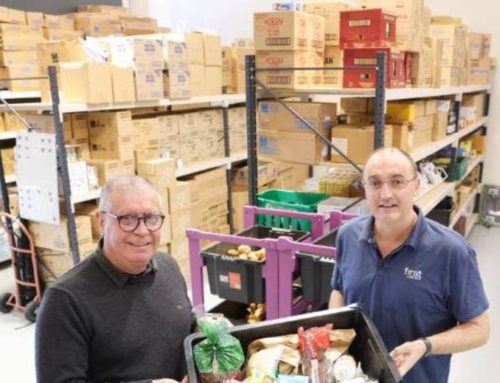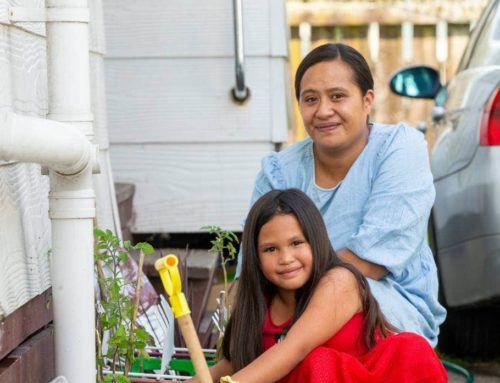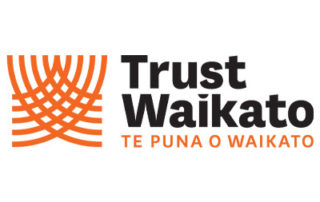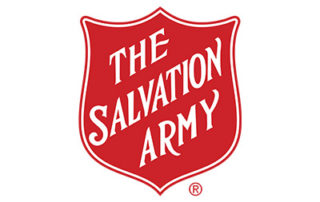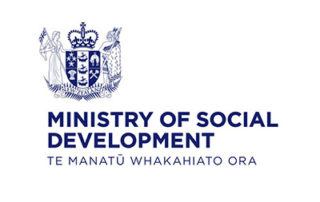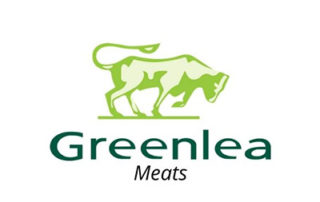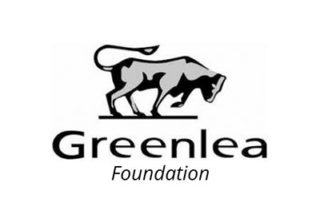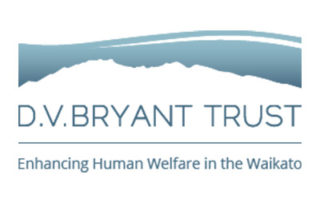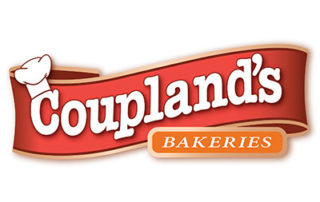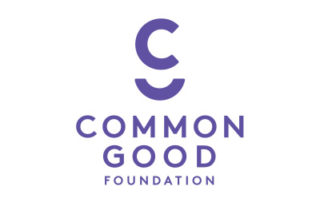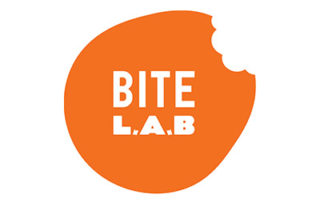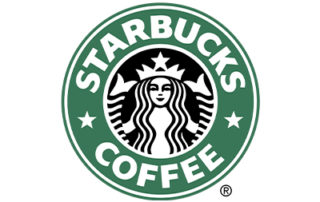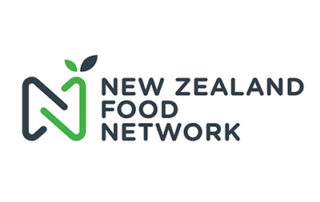“Who’s going to get the food tonight?”
That’s a question families across the Waikato are increasingly having to grapple with and, according to St Vincent de Paul Waikato manager Mike Rolton, it’s turning a cost of living crisis into a mental health crisis.
Stuff spoke to Rolton, and several others at the front line of the cost of living crisis, on Thursday as Stats NZ revealed annual inflation had hit a 30-year high of 6.9 per cent.
He said they had seen a “massive increase in demand” for their food services and that in the past two years they had distributed 23,750 food parcels.
“Seven years ago I did 168 over 12 months. So that’s the increase.”
He also said he was seeing increased mental health pressure on families, as people were being forced into deciding “who’s going to get the food tonight?”
He said St Vincent de Paul had now started its own click and collect service as people simply couldn’t afford the petrol to call themselves, and that the organisation was also being squeezed as lots of the small businesses it relied on for donations have been hit by Covid.
“They’ve lost everything they owned,” he said.
He also said they were seeing people who until now had never required their services, including families with two incomes.
“We’re planning for a difficult winter,” he said.
“We think it will be tough until next year.”

His comments were echoed by Morrinsville’s Ezekiel Trust Food Bank & Budgeting manager Bronwyn O’Sullivan.
She said their peak months had always been November and December, and they would usually see demand slow down in January and February.
“But we haven’t seen that. We’re at peak every month,” she said.
“You would expect that you’d stop seeing new people, but we’re not.”
She said she was seeing families with two breadwinners whose “income simply isn’t making it anymore”.
“They used to be able to cope.”
She said she had to buy more tinned food this week to keep up with their increased demand, and noted prices had jumped 10 cents in just one week.
“If we’re noticing it, our community is,” she said.
“I think it’s getting worse. We’re seeing the beginning of that pressure.”
Eileen Devane, who managed the Taupō Community Food Bank, said one sign of the pressure families are under is the fact they used to be the sole food bank in Taupō, but not any more.
“We’re getting families we would never have had before.”
She also said she was seeing people who were feeding their pets rather than themselves.

Salvation Army social policy and parliamentary unit analyst Ana Ika also said rising prices were leaving families “teetering on the edge”.
“It started a while ago and it’s getting worse.”
She said they were seeing families having to make trade-offs between essential items, and “giving up on certain basic essentials they need”.
She also said that for many, an unexpected expense such as a tangi or car repair can be enough to drive them into the arms of loan sharks and payday lenders.
“They don’t have that financial buffer because they have nothing to save,” she said.
“One extra bill pushed them over the edge.”


